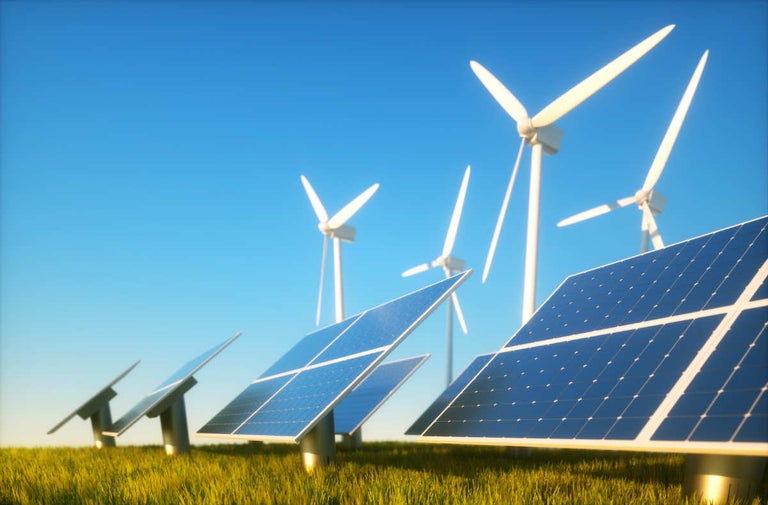New Zealand’s share of electricity generated from renewables grew to 83.4 per cent in the June quarter 2016, the latest energy data released by the Ministry of Business, Innovation and Employment (MBIE) shows.
New Zealand is already a world-leader in respect of renewable energy generation.
“This is the fifth quarter in a row that electricity generated from renewables has exceeded 80 per cent,” says James Hogan, MBIE’s Manager of Energy and Building Trends. “The proportion of electricity generated from renewables was up 1.6 per cent from the same quarter last year.
“At the same time, electricity generated from fossil fuels was 10 per cent lower than last year’s June quarter, due to a 12 per cent fall in gas-fired generation.”
The figures, released in MBIE’s latest New Zealand Energy Quarterly, show that geothermal electricity generation increased 1.3 per cent from the previous June quarter, overtaking the record level set in the March quarter this year.
Total electricity demand for the June quarter 2016 was down one per cent from the same time last year. Mr Hogan says this year saw the warmest May and third warmest June temperatures on record.
Demand from the agriculture, forestry and fisheries sectors increased 9.5 per cent from the June quarter 2015, while residential demand was down five per cent over the previous period. Mr Hogan says the fall in residential electricity demand drove a three per cent increase in the cost of electricity during the June quarter 2016, compared to the same time last year.
“This lower demand increased the average cost per unit of residential electricity, as the fixed component of the costs was spread over fewer units,” added Mr Hogan. “Looking ahead for the next quarter, a 0.5 per cent price increase is forecast based on current retail prices.”
Meanwhile, Methanex was operating its New Zealand plants close to full capacity in the June quarter 2016, after experiencing increased shutdown days in 2015 due to mechanical issues.
“This drove a 17 per cent increase in non-energy use of natural gas from the previous June quarter, as Methanex uses natural gas as a feedstock,” says Mr Hogan.
“It also contributed to a 16 per cent increase in natural gas consumed by the chemical manufacturing sector over the same period.”


Share this article